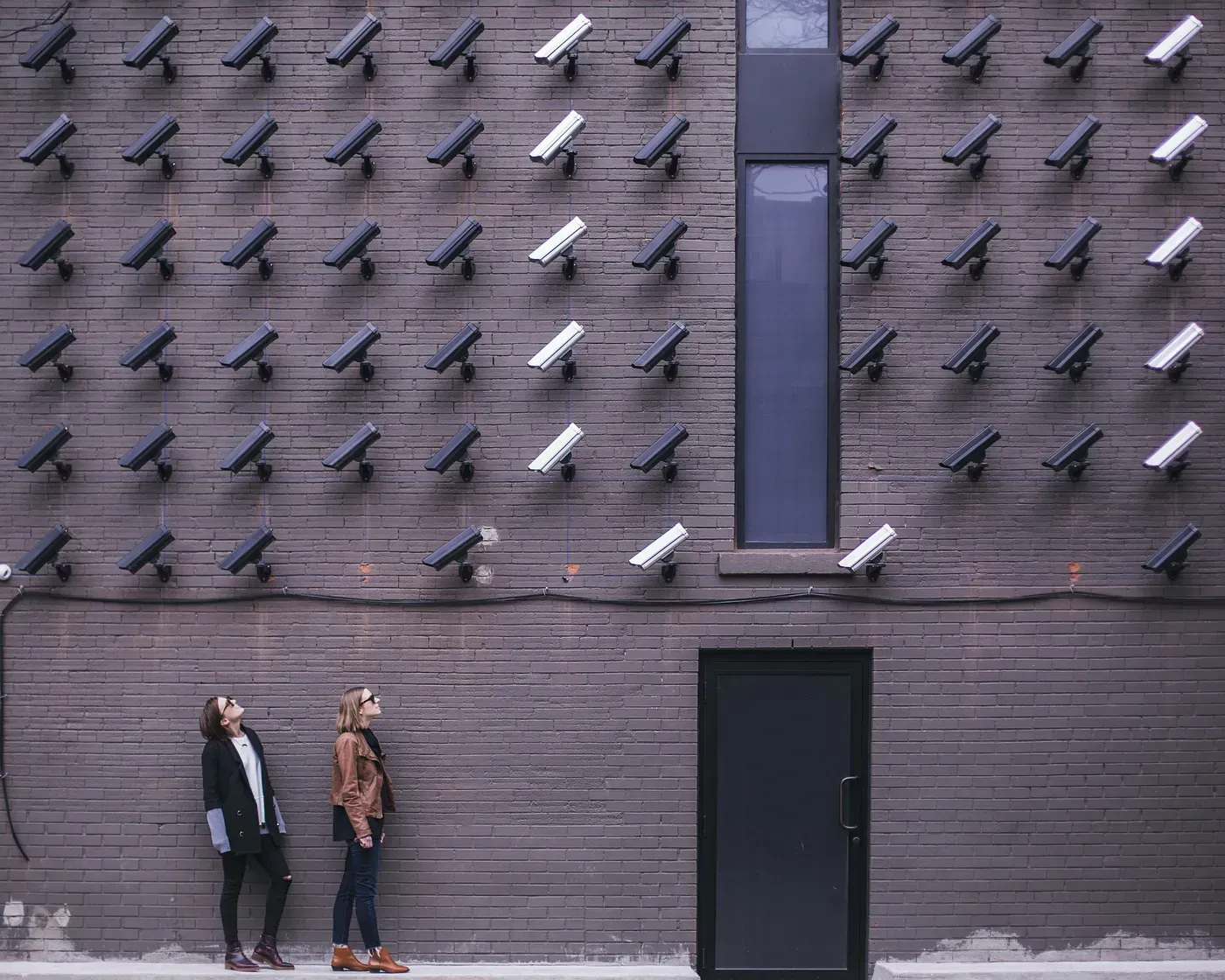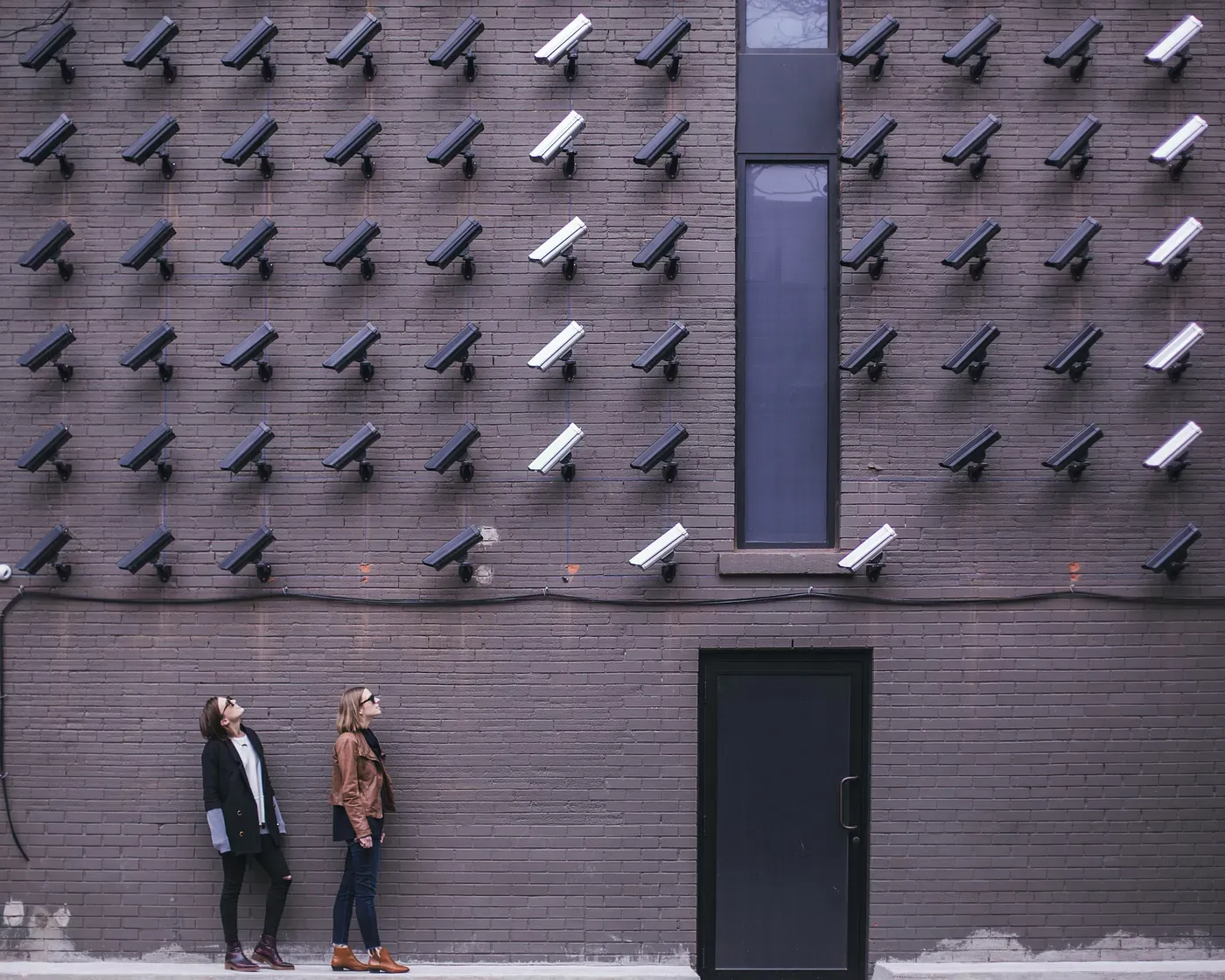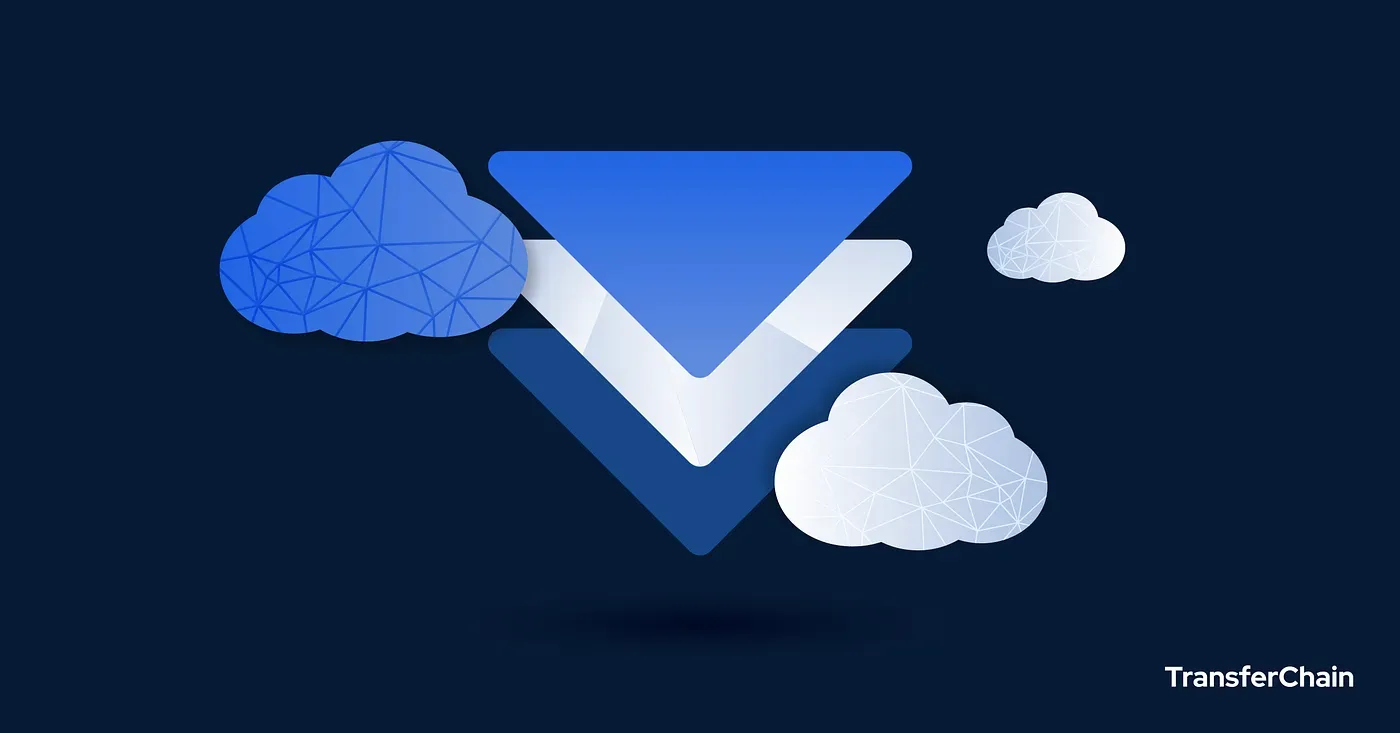
Privacy and Security can Coexist

From the moment we are born, security becomes a basic need and is followed by privacy when we start becoming individuals.
We want to store our personal information, dialogs, and memories securely and we rely on familiar solutions that we believe to be secure to do so. What we read and experience lead us to become increasingly aware of the need for privacy when it comes to our personal information, which we undoubtedly want to keep secure. This awareness, in turn, directs us toward resorting to solutions that we know and trust. Such that, our concerns for security and privacy continue to be an even more delicate subject and have undeniable importance due to the adverse and high-impact events observed throughout the globe. The extent of the implications regarding the breach of certain public figures’ confidentiality and the theft or unlawful acquisition of commercial data reinforces our concerns.
How aware are we that our privacy and security are violated when every step we take can be monitored thanks to technological progress?
The footprints we leave behind during our online journeys play a central role in the commercial activities of companies as well as their strategic plans for various activities ranging from marketing to advertising. So much so that data theft poses a significant threat to the world economy. Annual losses from global cybercrimes are expected to reach USD 6 trillion by 2021.
Privacy and security of data, whether it belongs to an individual or a legal entity, is a fundamental right.
In addition to the fact that data privacy and security are fundamental rights, the economic repercussions of data theft -in a broad sense- beg this question: How can we maintain our security and privacy?
It would be useful to accurately define the concepts of security and privacy before talking about how we can maintain them. These concepts are closely related and while privacy refers to the control you have over your private information, security relates to how the information is protected.
Privacy, or confidentiality, is the ability of an individual or group to sort the information about themselves, thus acting selectively when it comes to self-expression.
Do you read the privacy policies you are asked to accept when registering for an online account or downloading an application to your mobile device?
Before you start using the visual content sharing social media platform that you visit every day, you allow it to access your camera, gallery, and microphone in order to take pictures and videos by tapping into your camera through its own algorithm. By providing caller identification applications with access to your contacts, you enable companies engaging in SMS marketing to access phone numbers free of charge and see the names under which you save other people.
Seeing that the privacy of personal data is a fundamental right, how do we protect our privacy? The answer is simple: by preferring companies that respect our confidentiality when we use their products and/or services. Because the freedom to control who knows what and how much about us is one of our most substantial rights!
Securing our privacy is as important as having it. Security is all about how our personal information is protected. The goal of employing security measures is to prevent offline data theft, as well as to protect your data against unauthorized/uncontrolled access to your data by adding a layer of protection in all devices that make us online, and even in online platforms.
If you go over privacy policies and exercise the same due diligence when implementing safety measures as you would when taking control over the information you provide access to, you can avoid running into vexing problems.
To give a topical example, the recent policy update by WhatsApp proves that the underlying strategy employed by most of the online products we use is collecting user data, rather than providing true privacy.
Forcing users to give third-party access to their data will only expedite the search for a platform that puts only genuine privacy at the center. Authorizing third parties to process chat data renders end-to-end encryption ineffective, thereby leading to severe privacy issues.
Unlike most online platforms, which collect the data of individual users for the purpose of tracking their own platform and the usage data, TransferChain does not collect any data pertaining to its users.
The architecture of TransferChain is designed to prevent the TransferChain team, as well as third parties, from accessing user data.

As all data uploaded to our platform is encrypted on the user side, i.e. on the user’s device (via the keys that are locally created and stored on the user’s device), no one but the owner can access said data.
Users have the right to question why their data is collected and processed. Those who do not wish their data to be used beyond their control are acting with the motive to prefer platforms that respect their rights and prioritize their protection.
TransferChain cares about Your Privacy.
Our unique, blockchain-based architecture was created with the goal of fulfilling this commitment. We are developing this solution with the goal of providing end-users with data privacy and security. We are motivated by the desire to give society back the autonomy over their own data.
That’s why we invite you to #ChoosePrivacy and discover TransferChain.


